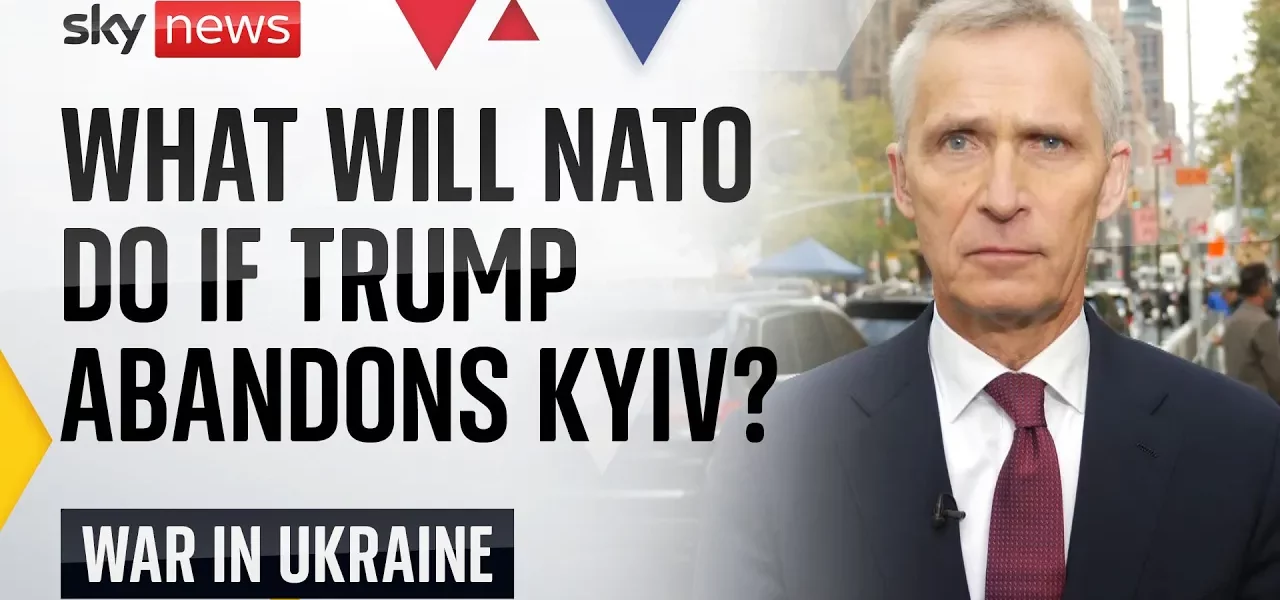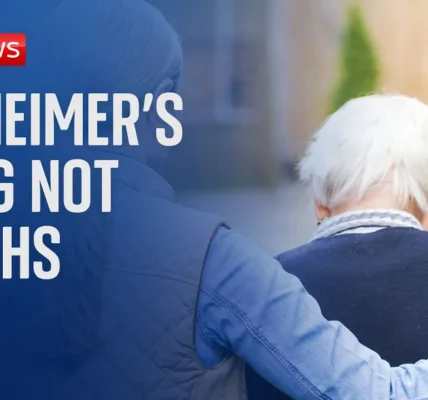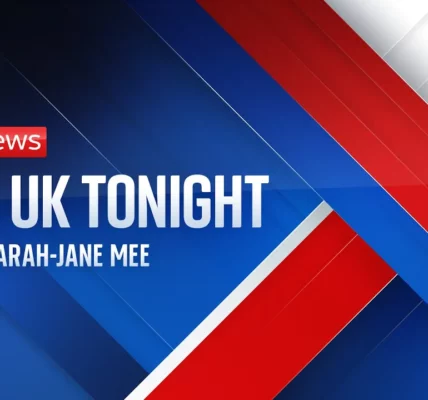NATO’s Response to the Middle East Conflict and the War in Ukraine

This article explores the insights shared by the NATO Secretary General regarding the escalating conflict in the Middle East and its implications for NATO, as well as the ongoing war in Ukraine. Understanding NATO’s position provides a clearer picture of international military strategy and diplomatic efforts.
Introduction
The recent escalation of tensions in the Middle East, particularly in Lebanon and the ongoing war in Ukraine, has prompted significant discussion about NATO’s role and response. During a recent interview, the Secretary General of NATO addressed these critical issues, highlighting both the organization’s limitations and the importance of military support for Ukraine. This article delves into the key points made by the Secretary General, providing context and analysis of NATO’s strategic position in these conflicts.
The Situation in the Middle East
The Secretary General expressed deep concern regarding the current state of affairs in the Middle East, describing it as “out of control.” Conversations with Lebanese officials indicated that the region is experiencing an all-out war, which raises questions about NATO’s involvement and the broader implications for international security.
NATO’s Non-active Role in the Middle East
While NATO is not playing an active role in the ongoing conflicts in the Middle East, the Secretary General emphasized the importance of supporting the efforts of NATO allies, particularly the United States and the United Kingdom, in seeking de-escalation and peace. The organization acknowledges the human suffering prevalent in the region and strives to support humanitarian efforts.
Military Lessons and Strategic Considerations
NATO continuously evaluates military conflicts globally, including those in the Middle East, to glean strategic lessons. However, the Secretary General stated that it is premature to draw definitive conclusions regarding military tactics or strategies at this stage. Key points of focus include:
- The potential for a two-state solution.
- Efforts for ceasefire agreements.
- The release of hostages in Gaza.
- Concerns over regional escalations, including in Lebanon.
The War in Ukraine
Transitioning to the war in Ukraine, the Secretary General highlighted the need for a decisive international stance against aggression. He articulated a clear message: losing the war would not bring peace but would lead to further instability and danger.
Changing Calculations in Moscow
To deter future aggression, it is essential to alter the calculus of Russian President Vladimir Putin. The Secretary General suggested that while changing Putin’s mind may be unrealistic, making the costs of aggression prohibitively high could encourage a negotiated settlement. Key strategies include:
- Providing robust military support to Ukraine.
- Encouraging a united front among NATO allies.
- Promoting diplomatic efforts for peace talks.
NATO’s Commitment to Ukraine
The Secretary General reassured that NATO allies are steadfast in their support of Ukraine. Despite past challenges, such as the abandonment of Afghanistan, the alliance remains committed to ensuring Ukraine’s sovereignty and safety. This commitment is illustrated by:
- Unprecedented military aid from NATO members.
- Ongoing strategic discussions to bolster Ukraine’s defenses.
- Collaborative initiatives among member nations to enhance support mechanisms.
Conclusion
In conclusion, the Secretary General’s remarks shed light on NATO’s strategic posture regarding the complex and evolving situations in the Middle East and Ukraine. While NATO is not directly involved in the Middle East conflict, it plays a crucial role in supporting allies and promoting peace efforts. In the case of Ukraine, NATO’s commitment to military support underscores the alliance’s dedication to maintaining global security and stability. It is imperative for NATO to continue strengthening its resolve and unity in the face of ongoing international challenges.
For more information on NATO’s strategies and global security issues, consider exploring our related articles on NATO’s Global Strategy and Analysis of the Ukraine Conflict.
“`




